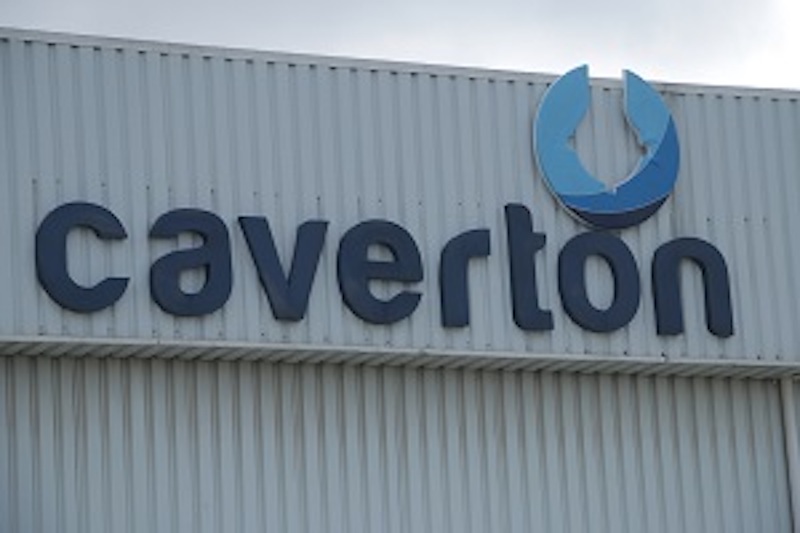Caverton Offshore Support Group Plc has experienced a dramatic financial turnaround in the first quarter of 2025, reporting a profit after tax of N1.64 billion compared to a loss of N1.81 billion in the same period of 2024. This remarkable recovery was primarily fueled by substantial foreign exchange gains and aggressive cost-cutting measures. Despite a slight dip in revenue, the company’s strategic focus on expense management significantly improved its operating profit, propelling it from a meagre N528.97 million in Q1 2024 to an impressive N3.62 billion in Q1 2025. This represents a staggering 585% increase, showcasing the effectiveness of the company’s operational strategies. The positive impact of these efforts is further underscored by the significant improvement in the company’s bottom line, transitioning from a substantial loss to a healthy profit.
The primary drivers of this impressive financial performance were the substantial increase in net exchange difference and the drastic reduction in operating and administrative expenses. The net exchange difference surged by 36.7%, reaching N4.55 billion, while operating expenses were slashed by 39%, falling to N5.35 billion. Similarly, administrative expenses witnessed a significant 40% reduction, amounting to N1.83 billion. These combined cost-cutting initiatives played a crucial role in offsetting the slight 3.6% decline in revenue, which fell from N9.31 billion in Q1 2024 to N8.98 billion in Q1 2025. This demonstrates Caverton’s proactive approach to managing its finances and maximizing profitability even in the face of revenue fluctuations.
While Caverton’s operational performance showed remarkable improvement, its financial position remains a point of concern. Although the company’s negative equity position improved slightly from a deficit of N54.61 billion in December 2024 to N52.95 billion in March 2025, fuelled by the improved retained earnings, it still faces a significant financial hurdle. The company’s total liabilities also saw a marginal increase to N131.23 billion, primarily driven by lease liabilities and borrowings, the latter experiencing a 25.4% surge to N34.66 billion. This rise in borrowings resulted in a 79.5% increase in net finance cost, reaching N4.71 billion, primarily due to higher interest payments.
Despite the challenges posed by its debt burden, Caverton’s overall financial health in Q1 2025 shows a significant improvement compared to the same period in the previous year. The company’s total assets grew by 2.8% to N78.29 billion, driven by an increase in trade and other receivables, prepayments, and cash and bank balances. However, the marginal decline in property, plant, and equipment by 2.15% suggests a potential reduction in capital expenditure, which could impact future growth prospects. The increase in trade and other receivables, while contributing to asset growth, also warrants careful monitoring to mitigate potential credit risks.
Looking back at the full year 2024, Caverton reported a substantial loss of N50.53 billion, a significant deterioration compared to the N12.89 billion loss in 2023. This highlights the challenging environment the company faced in the previous year and underscores the significance of the turnaround achieved in Q1 2025. The substantial improvement in profitability during the first quarter suggests that the cost-cutting measures and other strategic initiatives implemented by the company are beginning to yield positive results. However, sustained profitability and long-term financial health will depend on the company’s ability to manage its debt levels, improve its revenue generation, and navigate the volatile economic landscape.
In conclusion, Caverton’s Q1 2025 results present a mixed picture. While the significant improvement in profitability driven by cost optimization and favorable exchange rate movements is encouraging, the company’s substantial debt burden and negative equity position remain key challenges. The company’s future success hinges on its ability to build on the positive momentum generated in the first quarter, address its debt situation, and implement sustainable growth strategies. The significant improvement in profitability in the first quarter offers a glimmer of hope, but sustained effort and strategic execution will be crucial for Caverton to achieve long-term financial stability and growth.


